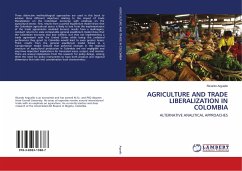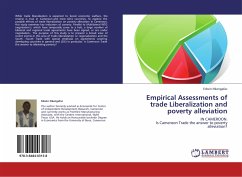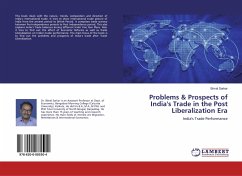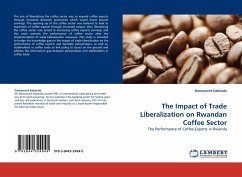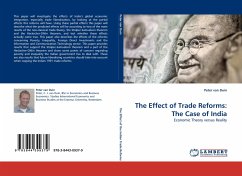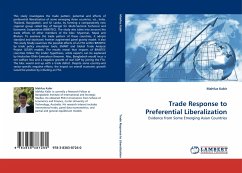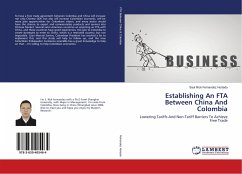Three distinctive methodological approaches are used in this book to achieve three different objectives relating to the impact of trade liberalization on the Colombian economy, with emphasis on the agricultural sector. First, results from a partial equilibrium model show that the Colombian agricultural sector is likely to lose from the implementation of the trade agreements modeled. Second, results from a multiregion, constant returns to scale computable general equilibrium model show that the Colombian economy may lose welfare, but that not implementing a trade agreement with the United States while losing the unilateral preferences they grant to Colombia would lead to even greater losses. Third, results from the general equilibrium model linked to a transportation model indicate that potential changes in the regional structure of agricultural production in Colombia are not negligible and may have important implications for harvested areas, output, and income. There are several implications from this research for policy design, among them the need for policy instruments to have both product and regional dimensions that take into consideration local characteristics.
Bitte wählen Sie Ihr Anliegen aus.
Rechnungen
Retourenschein anfordern
Bestellstatus
Storno

